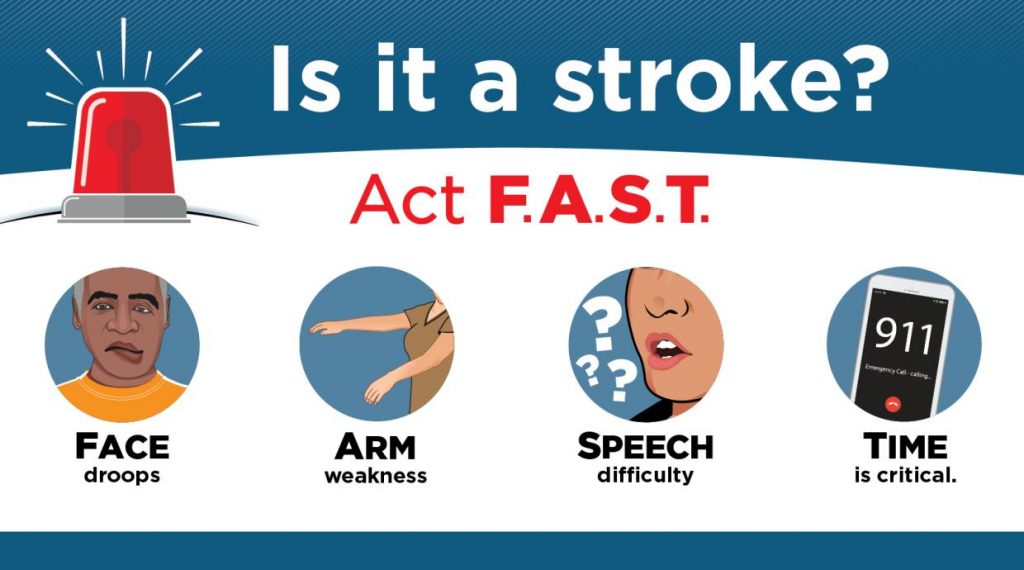
Will Dysarthria go away?
Will dysarthria go away?
This is one of the most common questions brought to speech-language pathologists. This article will give you knowledge about what causes dysarthria, how It can be treated and the treatment outcomes. For those who aren’t aware, Damage to the peripheral and central nervous system causes Dysarthria. Cerebrovascular accident (stroke), Amyotrophic lateral sclerosis, Parkinson’s disease, multiple sclerosis or traumatic brain are the main causes. It develops due to neuromuscular dysfunction that strictly impairs speech production and communication.
Common characteristics:
– Slurred speech
– Inability to speak louder than a whisper
– Rapid speech that is difficult to understand
– Vocal fold paralysis
– Difficulty moving tongue or facial muscles.

Treatment of dysarthria depends on how it is caused. Prescription medications, such as seizure medication, can cause this disorder. Changing or discontinuing your medication after consulting a doctor can reduce the symptoms. Treating the underlying cause will improve your speech over time. However, you still may need speech therapy.
Is dysarthria and apraxia the same thing?
Another motor speech disorder is apraxia. It’s related to dysarthria in that both involve muscle tone or motor planning issues (the plan and act of moving muscle). People with apraxia have normal muscle function but struggle to make voluntary actions like speaking.
Non-Progressive Dysarthria
Non-progressive dysarthria conditions such as stroke can cause immediate symptoms of dysarthria.

Some individuals may recover quickly. While others require long term support to help them regain as much independence as possible. A medical speech-language pathologist is assigned to the medical team to evaluate your speech difficulty. If the speech difficulty persists, strategies and exercises will be provided to improve the clarity of speech and improve your swallowing ability. They encourage you to follow these exercises at home and refer you to a long term/ short term speech rehabilitation facility for continued treatment.
Some simple strategies to improve communication:
- Avoid talking in noisy environments.
- If possible, move away from the noise source before you start talking.
- Reduce or eliminate the noise. Turn the volume on the television or radio down (or turn it off).
- Communicate face to face if possible.
- Eliminate visually distracting backgrounds so your conversational partner can focus on your face.
Progressive Dysarthria
Parkinson’s disease is a progressive nervous system disorder that affects movements. Speech may become soft and slurred, and the symptoms worsen as the disease progresses over time. Dysarthria and psychological aspects of communication are particularly disabling for individuals with Parkinson’s’ Disease.
Speech problems caused by Parkinson’s disease are:
– Reduced volume of speech
– Short rushes of speech
– Breathy voice
– Inappropriate silences
Prescribed medications can be the reason for some speech difficulties. Patients with Parkinson’s disease may have to take speech therapy for a long time or use the strategies given by the speech therapist to communicate effectively. Unfortunately, once the disease progresses, the symptoms may become severe. Some speech-language pathologists focus on training people with Parkinson’s disease to amplify their voices. This is called Lee Silverman Voice therapy.
They can also help you
- – Maintain as many communication skills as possible. Teach you to conserve energy by using nonverbal communication skills
- – By recommending exercises that will improve muscle strength needed to better your speech
Another disease that causes progressive dysarthria is Amyotrophic Lateral Sclerosis. For some patients, it occurs during the last stage of the disease. For the others, it is present as an initial symptom. Speech-language pathologists play a role in optimizing communication as much as possible to improve the well-being of affected individuals.
Speech-language pathologists are the centre clinicians to treat dysarthria. Their goal is to assess and diagnose the type and severity to plan an individualized treatment program that will maximize the most effective communication skills. Following the recommendation and treatment strategies regularly will reduce your symptoms over time thereby improving your quality of life.
References
- Amazon purchases for your child’s speech development - January 31, 2023
- Functional Writing Activities for Individuals with Aphasia - January 23, 2023
- AAC for Adults with Communication Difficulties - January 16, 2023

Leave a Comment
(2 Comments)
This article is very helpful.
My grandfather is diagnosed with dysarthria and is undergoing speech therapy thank u for the info
Hi Madhaven
Glad you found this helpful. You can contact us for Speech Therapy or other support if needed. Please follow us on http://www.instagram.com/1specialplace for regular updates!
Categories
Recent Posts